Of all the people on the earth, God chose Abram. He called him out of his land, his family, and his idol-worshipping background. Then the Lord cut a covenant with him.
He promised to be Abram’s shield and to give him an exceedingly great reward (Gen. 12:1)—i.e. to be His protector and His provision. Furthermore, He promised to give him vast land holdings and descendants as numerous as the stars.
As if that weren’t enough, God promised to be intimate with him. He said, “I will be your God, and you will be My people.” He used possessive pronouns to describe the relationship. The promises were made to Abram and to his children for generations.
Abram, later renamed Abraham, had it made. The Almighty God promised to care for him and to have his back. And his descendants were included too.
After the ritual of cutting the covenant, the Lord further clarified the boundaries of the land that was promised to Abraham.
Genesis 15:18-21 says, “To your descendants I have given this land, from the river of Egypt to the great river, the River Euphrates–the Kenites, the Kenezzites, the Kadmonites, the Hittites, the Perizzites, the Rephaim, the Amorites, the Canaanites, the Girgashites, and the Jebusites.”
Abraham didn’t have descendants yet, and somebody else would live in that land for a while—even for generations. But God said, “To your descendants I have given this land.” To God, it was a done deal. He already gave it to them, His chosen people.
The boundaries ran from the Nile in Egypt, to the Euphrates River. The rivers mark the Fertile Crescent, from Egypt all the way from the southeastern point of the Mediterranean Sea, up the Mediterranean Sea and curving in the shape of a crescent, down past Babylon to the Persian Gulf. The route through the Fertile Crescent was over 1,600 miles. The land of the Hittites was also included, extending the territory north and northeast of the Mediterranean.
The land encircled by the crescent is not choice land. It’s full of rocks or is desert. Today it would roughly contain Jordan, Syria, Iraq, Lebanon, parts of Egypt and Saudi Arabia, and the southeastern part of Turkey. That’s quite a territory. And it is the location of the oil wells that have made those nations rich and the people who are determined to wipe Israel off the map.
Even though it was all declared Israel’s, they never settled beyond the strip along the eastern Mediterranean. They didn’t hold to God’s words, “To your descendants I have given this land.”
Instead, they were satisfied with a little strip along the beach. Pagans maintained possession of the rest of their land.
We could exclaim over how short-sighted and foolish they were to not conquer what God had promised. But first, we need to look inward?
Through Jesus Christ, we are part of a new and better covenant. He has given us better promises. He is still our provider and protector, He paid the debt for our sins offering freedom for true intimacy, He is with us always, promised us peace and joy—and so much more.
But, of the riches He’s promised, how much have we—His chosen—claimed? Are we settled in the fullness of the Promised Land? Or are we camping on the beach, struggling to keep our heads up?
How often do we strive without taking thought to claim His protection and/or provision, His strength, grace, or blessings? His peace and joy? Do we really trust Him in all things?
He desires to give us the keys to the kingdom of heaven (Mt.16:19). It’s ours. But, if we’re content where we are, He’ll let us pitch out tents on the beach just as the descendants of Abram did.
Jesus has already done it all. If we’ve claimed Him as our Lord and Savior and are among the chosen, it’s already ours.
But we must believe, seek His face, and step forth in faith.
The New Testament is full of riches we have in and through Jesus Christ. I cannot cover it here, but God tells us, “Eye has not seen, nor ear heard, Nor have entered into the heart of man the things which God has prepared for those who love Him” (1 Cor. 2:9).
It’s time to claim what’s ours.
Lord, thank you for choosing me. Help me to love you more. Forgive me for my contentment and shortsightedness. Open my eyes and ears to see and hear what You have prepared for me. Give me the faith to follow You without reservation and to know the fullness of life in you. May Your kingdom come, Your will be done, and Your name be glorified through me.
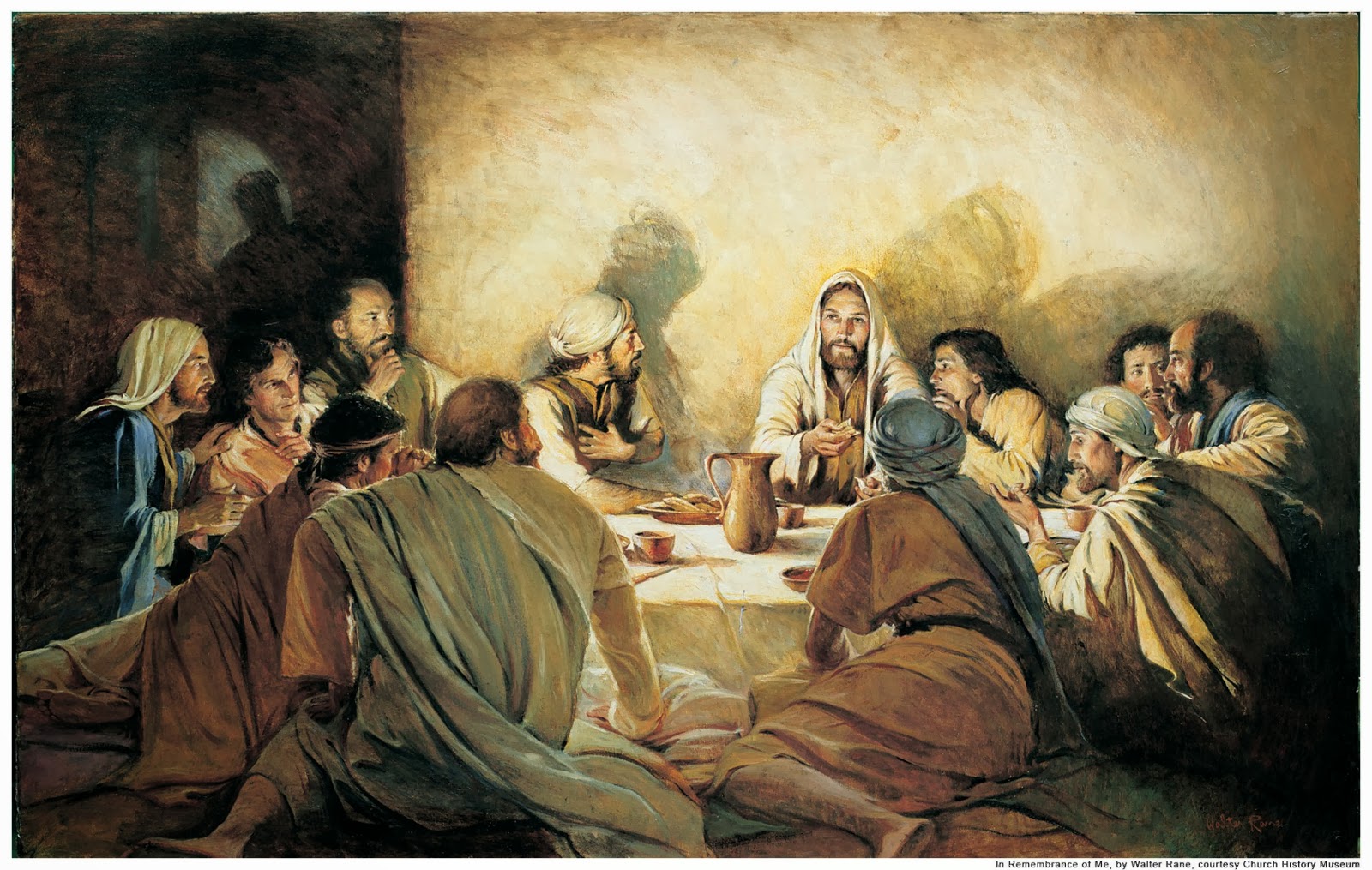 nd His disciples sat around their final Passover meal together, Jesus took
nd His disciples sat around their final Passover meal together, Jesus took  How many times have you heard the expression, “You’re making a mountain out of a mole hill”? Some of us tend to do that more than others. Those who do are probably more familiar with the charge.
How many times have you heard the expression, “You’re making a mountain out of a mole hill”? Some of us tend to do that more than others. Those who do are probably more familiar with the charge. im up at the last day.” He added, “He who eats My flesh and drinks My blood abides in Me, and I in him” (
im up at the last day.” He added, “He who eats My flesh and drinks My blood abides in Me, and I in him” (
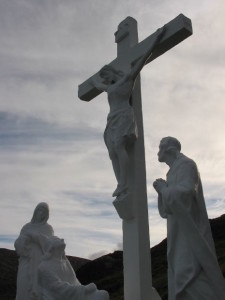
 emed the onslaught against him would never end, Job said, “I have made a covenant with my eyes; how then could I gaze at a virgin?” (
emed the onslaught against him would never end, Job said, “I have made a covenant with my eyes; how then could I gaze at a virgin?” (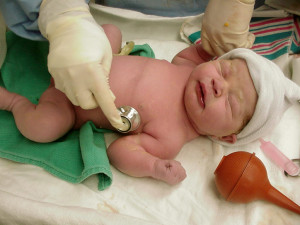
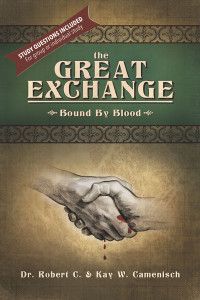
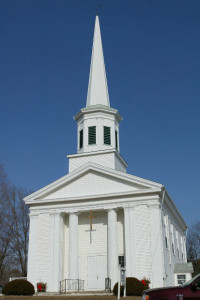
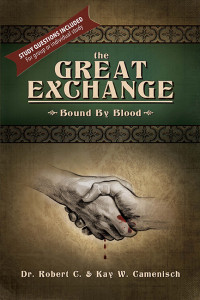 e have learned has just been released in a book,
e have learned has just been released in a book,